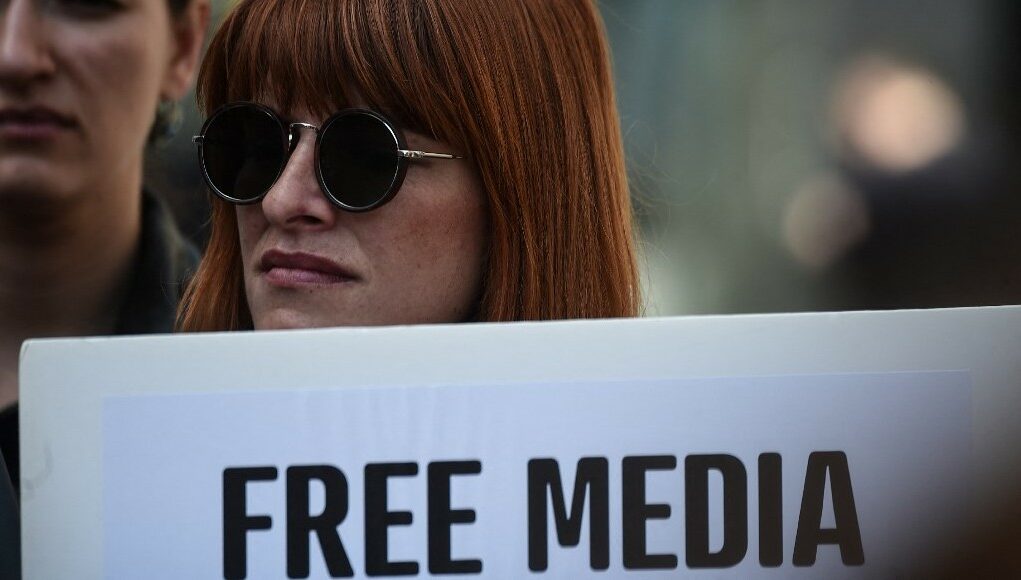Turkey’s Constitutional Court has ruled that advertising bans imposed on BirGün, Sözcü, Cumhuriyet and Evrensel, all newspapers critical of the Justice and Development Party (AKP) government, violated their rights to freedom of speech and freedom of the press, Turkish Minute reported, citing Deutsche Welle Turkish service.
Turkey’s Press Advertising Agency (BİK), the state body responsible for regulating publicly funded advertisements in the media, imposed advertising bans on the four dailies due to 13 columns and news pieces they had published.
Although the newspapers filed lawsuits against these penalties with courts of first instance, the suits were unsuccessful. The dailies then submitted individual applications to the Constitutional Court.
The top court recently ruled the bans imposed by BİK violated the newspapers’ right to freedom of speech and freedom of the press, also ordering new legal proceedings for annulment of the decisions that caused the violation and the government to pay each of the newspapers TL 10,000 ($557) in damages.
Noting that BİK issued a total of 39 days of advertising bans in 2018, 143 days in 2019 and 572 days in 2020, the court said in its decision that the authority given to the institution had gone beyond the purpose of monitoring press ethics and had turned into “a tool for punishment” that can have a deterrent effect on some members of the press, a situation that causes a “systematic problem.”
The Constitutional Court suggested that parliament enact legislation to resolve the problem.
Devising a framework of the conditions in Article 49 of Law No. 195 on the Establishment of the Press Advertising Agency regarding the bans imposed on public advertisements and restructuring the article in terms of form and material with expressions of clarity and certainty were among the court’s suggestions.
Last month BİK changed the Press Ethics Code, adding to it vague and abstract wording that is feared to contribute to the increasing media censorship in the country. Changes to the principles in Article 49 came 28 years after they were first set in 1994.
BİK was first established in 1961. In 2013 its structure was changed to enable it to impose advertising bans for violations of its regulations. It has a general assembly comprising members appointed by the government, the media industry and civil society.
According to Reporters Without Borders (RSF), 90 percent of the national media in Turkey, which was ranked 149th among 180 countries in the RSF’s 2022 World Press Freedom Index, is owned by pro-government businessmen and toe the official line.
Source:Stockholm Center for Freedom (SCF)



